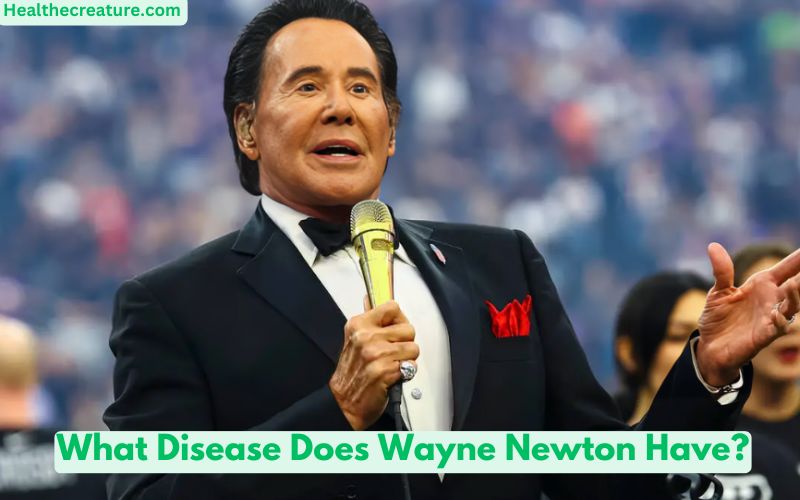Wayne Newton, an American entertainment icon often called “Mr. Las Vegas,” has navigated several serious health challenges over the years. Newton’s career has been marked by his resilience, not only in show business but also in his personal life, where he has faced numerous medical battles that could have sidelined him permanently. His journey reflects the toll that decades of performing can take on the body and offers insights into how he has managed various health conditions to continue captivating audiences.
Who Is Wayne Newton?
Wayne Newton, often referred to as “Mr. Las Vegas,” is an iconic American entertainer renowned for his exceptional talent, charisma, and longevity in show business. Born on April 3, 1942, in Roanoke, Virginia, Newton began performing professionally as a teenager, quickly gaining recognition for his distinctive voice and stage presence. Over his career, he has become one of the most celebrated performers in Las Vegas history, with hit songs such as “Danke Schoen” and “Daddy, Don’t You Walk So Fast” cementing his status as a musical legend.
In addition to his success as a singer, Newton is a skilled multi-instrumentalist, playing instruments like the piano, banjo, and guitar during his performances. With a career spanning over six decades, he has performed for millions, including U.S. presidents and international audiences. Newton’s legacy is defined by his unmatched dedication to entertainment and his enduring connection with fans worldwide.
What Disease Does Wayne Newton Have?
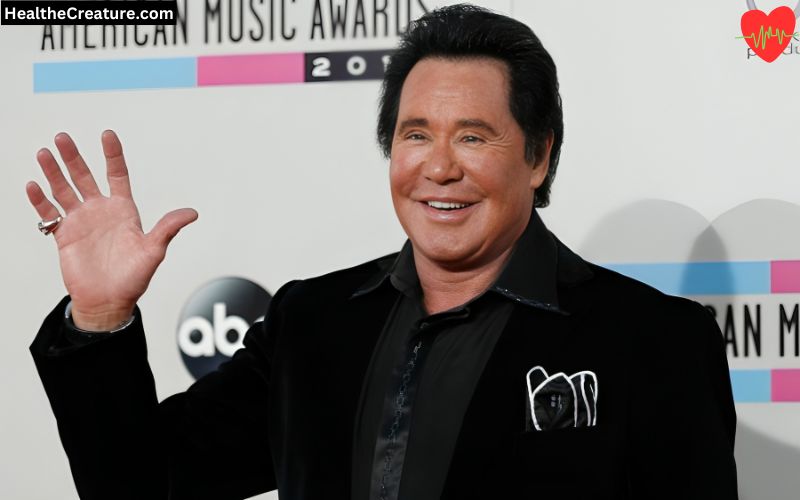
Wayne Newton has been diagnosed with dilated cardiomyopathy, a condition that affects the heart’s ability to pump blood efficiently. This disease occurs when the heart’s main pumping chamber, the left ventricle, becomes enlarged and weakened. Symptoms of dilated cardiomyopathy include fatigue, shortness of breath, swelling in the legs, and irregular heartbeats, which can lead to serious complications if not managed properly. For Newton, this diagnosis has required a combination of medical treatments, including medications to improve heart function, lifestyle changes, and regular check-ups with cardiologists.
While the exact cause of his cardiomyopathy has not been disclosed, common triggers include genetic factors, high blood pressure, or viral infections. Newton’s commitment to managing this condition while continuing his career exemplifies his resilience and dedication to his craft, showing that with proper care and adjustments, even serious conditions can be navigated successfully.
Preventing Complications in Dilated Cardiomyopathy
Managing dilated cardiomyopathy involves more than treating symptoms; it requires a proactive approach to prevent complications. For individuals like Wayne Newton, routine medical check-ups and imaging tests are vital to monitoring heart function and detecting potential issues early. Medications such as beta-blockers and ACE inhibitors play a key role in reducing stress on the heart and improving its ability to pump blood. Lifestyle changes, including a heart-healthy diet low in sodium and saturated fats, regular light exercise, and stress management, help support overall cardiovascular health.
Avoiding smoking and limiting alcohol consumption are also critical. Patients with this condition must be cautious about infections, as illnesses like the flu can place additional strain on the heart. By adhering to these preventive strategies, people with dilated cardiomyopathy can reduce their risk of complications like arrhythmias, blood clots, or heart failure, enabling them to maintain a better quality of life.
The Role of Family Support in Managing Chronic Illness
For Wayne Newton, family and emotional support have likely been integral in managing his health challenges, including dilated cardiomyopathy. Chronic illnesses often bring physical and emotional strain, making a strong support system essential. Family members can provide encouragement, help with medication schedules, and assist with necessary lifestyle changes such as maintaining a heart-healthy diet. Emotional support helps alleviate the mental toll of living with a long-term condition, reducing the risk of depression or anxiety that often accompanies chronic illnesses.
For performers like Newton, fan support and public encouragement also play a significant role in maintaining motivation and resilience. Open communication with loved ones and involving them in medical decisions can enhance adherence to treatment plans and provide a sense of stability. This combined approach of medical care and emotional support fosters a positive environment that is crucial for successfully managing chronic health conditions.
Overview of Wayne Newton’s Health Conditions
Newton’s health journey highlights three primary conditions: dilated cardiomyopathy, chronic back pain, and respiratory issues. Additionally, he has recently faced viral infections that added to his health challenges. Each condition presents unique obstacles, particularly for someone in the public eye whose work relies on physical stamina and vocal endurance. These conditions are managed through medical interventions, lifestyle changes, and Newton’s personal resilience.
Dilated Cardiomyopathy: Wayne Newton’s Heart Condition
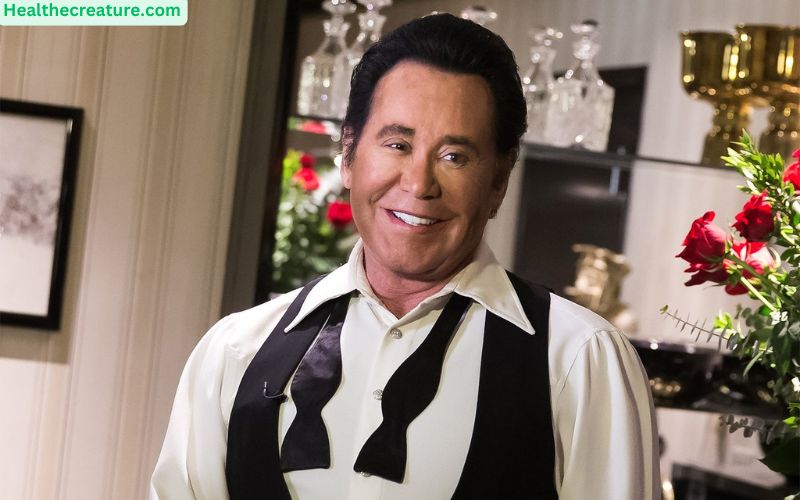
In the early 2000s, Newton was diagnosed with dilated cardiomyopathy, a form of heart disease that affects the heart’s ability to pump blood effectively. In this condition, the heart’s chambers, particularly the left ventricle, become enlarged and weakened, which reduces the efficiency of blood circulation throughout the body. Common symptoms of dilated cardiomyopathy include fatigue, shortness of breath, swelling in the legs and ankles, and an increased risk of arrhythmias, or irregular heartbeats. This diagnosis is significant for anyone, but it is especially critical for a performer whose work involves rigorous physical exertion on stage.
Dilated cardiomyopathy can develop due to a variety of factors, including genetic predisposition, chronic high blood pressure, and coronary artery disease. While the exact cause of Newton’s cardiomyopathy has not been widely disclosed, he has publicly managed the condition with medications that help strengthen his heart and improve circulation. Additionally, Newton has made lifestyle changes that support heart health, such as following a heart-friendly diet, reducing stress, and avoiding strenuous activity outside of his stage performances.
For Newton, managing this condition also meant periodically adjusting his performance schedule. Dilated cardiomyopathy often requires regular monitoring by cardiologists to assess heart function, and this frequent medical attention has been key in allowing him to continue his career safely. He has reportedly undergone procedures to manage irregular heart rhythms, such as catheter ablation—a minimally invasive procedure used to correct arrhythmias by targeting and destroying small areas of heart tissue that cause irregular beats.
Newton’s success in managing cardiomyopathy is a testament to his commitment to his craft. While heart disease can force some to abandon physically demanding careers, he has worked closely with his healthcare team to remain active in show business.
Chronic Back Pain and Spinal Surgery
Newton’s decades of dynamic performances, including extensive dance routines and physically demanding stage acts, took a toll on his musculoskeletal system, particularly his spine. As a result, he has suffered from chronic back pain, a common ailment among those in physically intensive professions. Chronic back pain can be caused by conditions like herniated discs, degenerative disc disease, or simply wear and tear from repetitive stress on the spine.
In 2007, Newton underwent spinal surgery to alleviate his chronic pain and improve mobility. This surgery was essential, as his pain had reached a level that interfered with his ability to perform. Spinal surgeries are complex and can require significant recovery time, and for Newton, it meant stepping back temporarily from the stage. However, his resilience showed as he returned to his performances after recovery, albeit with modified routines to prevent further injury.
Chronic back pain management often involves a multi-faceted approach, including physical therapy, pain management medications, and lifestyle adjustments to minimize strain. Physical therapy helps maintain flexibility, strength, and function in the affected areas of the spine, and for someone like Newton, it’s likely an ongoing part of his routine to ensure his back remains as healthy as possible. Pain management might involve non-steroidal anti-inflammatory drugs (NSAIDs) or more advanced medications for chronic pain, although their long-term use requires careful monitoring.
Despite these challenges, Newton has continued to perform for fans worldwide, demonstrating his dedication to overcoming physical setbacks. His experience also speaks to the demands placed on entertainers to remain physically resilient and the necessity of adapting one’s craft to accommodate changes in health.
Respiratory Issues: Complications for a Singer
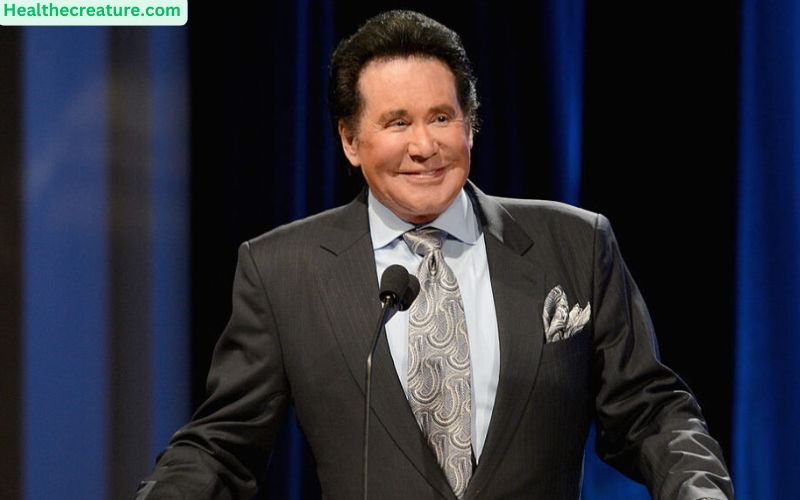
In addition to heart and back issues, Newton has faced respiratory problems. Respiratory conditions can stem from a variety of sources, including environmental factors like air quality, exposure to smoke or allergens, and age-related changes in lung function. Respiratory issues can be particularly disruptive for singers, as they rely on controlled breathing and lung capacity to maintain vocal power and quality.
Although the specific details of his respiratory condition are not fully disclosed, Newton has had to cancel performances at times due to breathing difficulties. The respiratory system is integral to singing, as breath control affects vocal range, tone, and endurance. To manage his respiratory health, Newton likely employs practices such as breathing exercises, which can strengthen the diaphragm and lung capacity, as well as ensuring that he performs in environments where air quality is optimal. For someone with respiratory difficulties, taking precautions to avoid respiratory infections and maintaining a healthy lifestyle is crucial.
Recent Viral Infection and Its Implications
Most recently, Newton’s health was further complicated by a viral infection, which presents additional risks for someone with pre-existing heart conditions. Viral infections, even those as common as influenza or respiratory infections, can place stress on the cardiovascular system, especially for individuals with cardiomyopathy. Infections can exacerbate heart symptoms by increasing the body’s demand for oxygen and by raising inflammation, which can strain a weakened heart.
During viral infections, it’s important to follow medical protocols, which often involve rest, hydration, and medications to manage symptoms. In some cases, antivirals or antibiotics may be prescribed if secondary bacterial infections arise. Newton’s experience with this infection underscores the ongoing need for monitoring his heart condition, as any additional health complications could have a cascading impact on his cardiovascular health.
The Physical and Emotional Impact of Health Challenges
Facing multiple health conditions has undoubtedly been both a physical and emotional challenge for Wayne Newton. Chronic health issues can lead to mental health struggles, including anxiety and depression, particularly when they interfere with a person’s ability to work or engage in daily activities. However, Newton has shown resilience, choosing to remain active and engaged in his passion for performing. This resilience is an essential factor in managing chronic health issues, as staying mentally engaged can help improve overall well-being.
One way Newton has managed the emotional toll of his health journey is through maintaining a positive outlook and focusing on the aspects of his life he can control. By continuing to perform and interact with fans, he sustains a sense of purpose and fulfillment that can positively influence health outcomes. Additionally, the support of family, friends, and fans has likely been a source of encouragement.
Lessons from Wayne Newton’s Journey
Newton’s experience provides several key lessons for those dealing with similar health challenges:
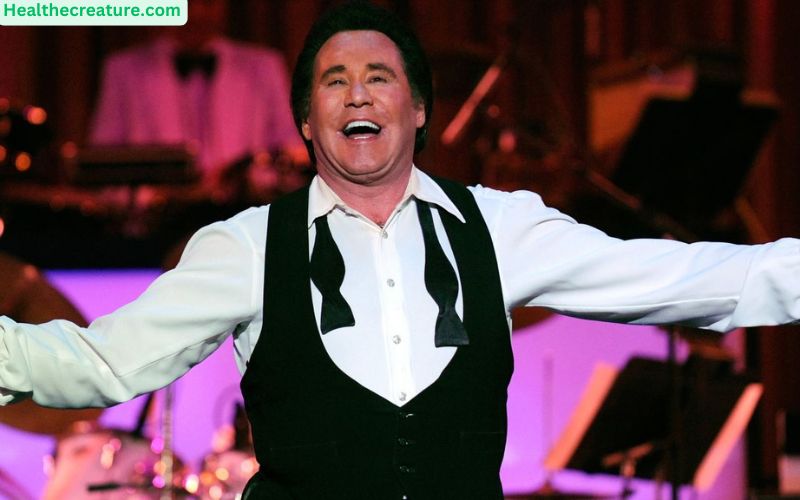
- Proactive Health Management: Regular check-ups and early intervention are essential, especially for those with chronic conditions like cardiomyopathy. Managing symptoms and complications before they escalate can prevent more serious issues down the road.
- Adaptation and Flexibility: For Newton, adapting his performances and routines to accommodate his physical limitations has been crucial. Accepting and adapting to new health realities can allow individuals to continue pursuing their passions without risking further harm.
- Resilience and Mental Strength: Newton’s determination to remain active in the face of adversity demonstrates the power of resilience. Staying engaged in enjoyable activities, focusing on mental well-being, and nurturing relationships can be powerful tools for coping with health challenges.
- Lifestyle Choices: A heart-healthy lifestyle, including a balanced diet, regular exercise, and stress management, has likely played a role in Newton’s ability to manage his health. These lifestyle adjustments are critical for anyone, but especially for individuals with heart conditions.
- Acceptance and Self-Care: Chronic conditions often require long-term management and sometimes difficult lifestyle changes. Newton’s journey shows that acceptance, coupled with self-care, can empower individuals to live fulfilling lives despite health limitations.
See Also: What Disease Does Bruce Willis Have?
FAQs
What heart condition does Wayne Newton have?
Wayne Newton was diagnosed with dilated cardiomyopathy, a heart condition that weakens the heart muscle, making it difficult to pump blood effectively. This condition can lead to symptoms like fatigue, shortness of breath, and swelling in the legs. Newton manages this condition with medication, lifestyle changes, and regular monitoring.
How has heart disease impacted Wayne Newton’s career?
His heart condition has required him to adjust his schedule and sometimes take breaks from performing. However, he has worked with medical professionals to manage his health and continues to perform for his fans, making adjustments as necessary to accommodate his condition.
Has Wayne Newton had any surgeries related to his health conditions?
Yes, Newton underwent spinal surgery in 2007 to alleviate chronic back pain caused by years of physical performances. This surgery required a significant recovery period, but he was able to return to the stage afterward.
Does Wayne Newton have any respiratory issues?
Newton has faced respiratory problems over the years, likely linked to both his demanding career and other health factors. These issues have, at times, impacted his singing ability, requiring him to take special care with breathing exercises and vocal techniques to maintain his performance quality.
Has Wayne Newton faced any recent health scares?
Recently, Newton faced a viral infection, which posed additional risks due to his heart condition. Viral infections can exacerbate heart issues, and he needed careful monitoring to ensure his heart health was not further impacted by the infection.
Conclusion
Wayne Newton’s life reflects the dedication and resilience needed to manage chronic health issues while continuing to pursue one’s passions. Despite facing a heart condition, chronic back pain, respiratory issues, and viral infections, he has continued to perform and bring joy to his fans. His health journey is an inspiring story of adaptation and perseverance, showcasing the importance of proactive health management, mental resilience, and lifestyle choices. Wayne Newton’s story resonates as a powerful reminder that, even in the face of serious health challenges, it’s possible to live a meaningful and active life by prioritizing health and well-being.


